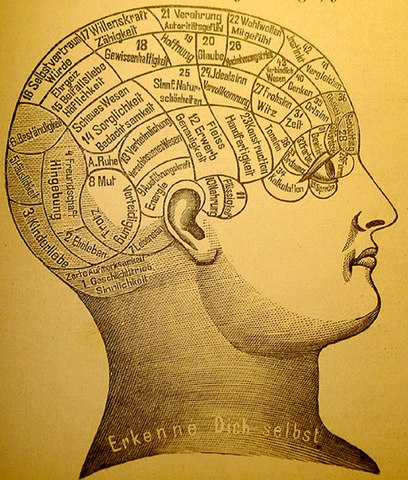Intuition and extrasensory perception (ESP) are intriguing concepts that suggest the existence of knowledge or perception beyond the scope of our ordinary senses. While they remain subjects of scientific debate and skepticism, they continue to be explored and studied. Here’s an exploration of the power of intuition and the mysteries of extrasensory perception:
1. Intuition Defined:
- Intuition is the ability to understand or know something without the need for conscious reasoning or analysis. It often involves making quick decisions based on “gut feelings” or hunches.

2. Types of Intuition:
- There are various forms of intuition, including social intuition (reading people’s emotions and intentions), creative intuition (inspiration and problem-solving), and decision-making intuition (making choices without full knowledge).
3. The Role of Intuition:
- Intuition plays a crucial role in everyday decision-making and problem-solving. It can provide rapid insights and help individuals navigate complex situations.
4. Scientific Understanding:
- The scientific understanding of intuition is a subject of ongoing research. Some theories suggest that intuition is the result of subconscious processing of information and pattern recognition.
5. Extrasensory Perception (ESP):
- ESP refers to the acquisition of information without the use of the known senses. It includes phenomena like telepathy (mind-to-mind communication), clairvoyance (perceiving distant or unseen objects), and precognition (predicting future events).
6. Skepticism and the Paranormal:
- ESP and related phenomena are often met with skepticism in the scientific community due to the lack of empirical evidence and the potential for fraud or self-deception.
7. Parapsychology:
- Parapsychology is the field that studies ESP and related phenomena. While it remains a controversial field, some researchers continue to investigate claims of paranormal or psychic experiences.
8. The Power of Coincidence:
- Some intuitive or psychic experiences can be attributed to coincidences, selective memory, or cognitive biases. These factors can create the illusion of extrasensory perception.
9. Individual Variability:
- Intuitive and psychic experiences vary from person to person. Some individuals may report more frequent or vivid intuitive insights, while others may be more skeptical or analytical in their thinking.
Intuition and extrasensory perception remain enigmatic and debated topics in the realms of psychology, parapsychology, and philosophy. While they may not yet have clear scientific explanations or consensus, they continue to intrigue and inspire wonder, curiosity, and discussions about the limits and possibilities of human perception and understanding.












